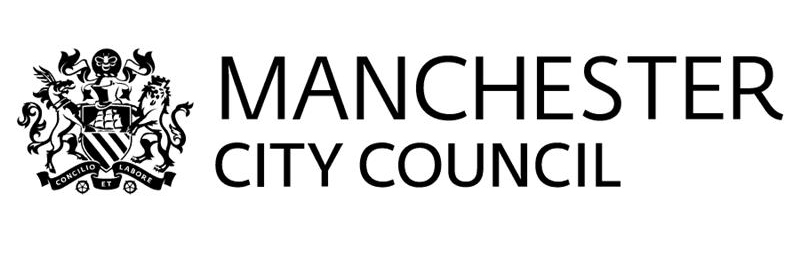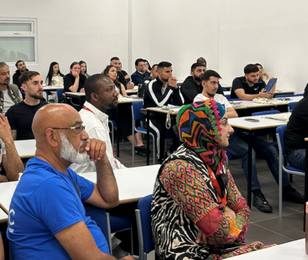Mitkova
As a working mother, balancing studies, work, and family life is a tremendous challenge. UKMC has provided me with immense flexibility and a comfortable study plan that allows me to manage all my responsibilities without compromise. The ability to tailor my schedule has significantly improved my time management skills, making it possible to excel in each area of my life. I'm truly grateful for the support and understanding I receive at UKMC, making it possible to pursue my educational goals while fulfilling my roles at home and work.











-Health-&-Social-Care-with-Foundation-Year.png)

-Business-Management-(Top-up)-.jpg)
-Digital-Marketing-Management-with-Foundation-year-main-image.jpg)







